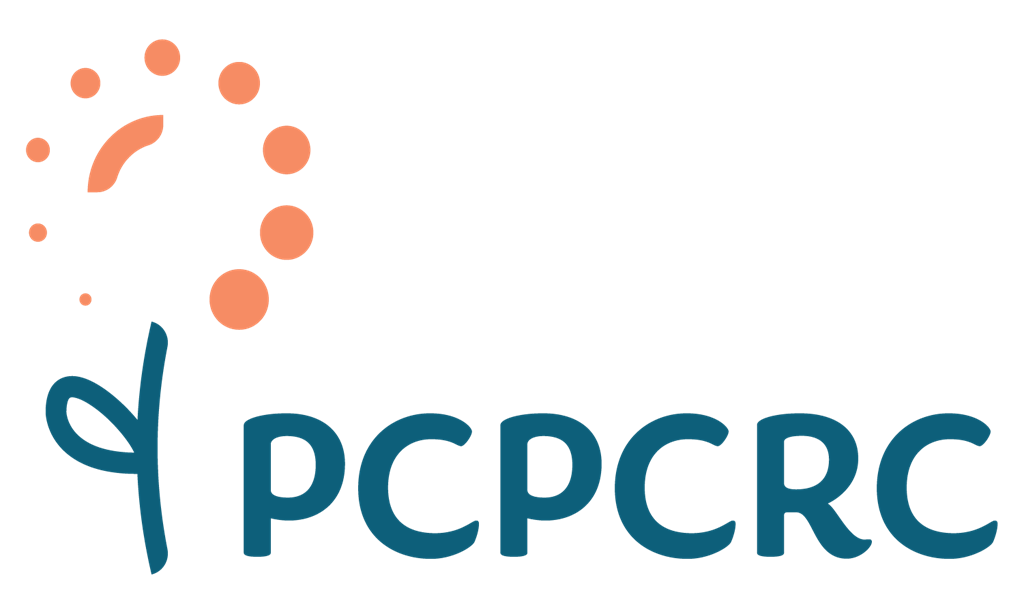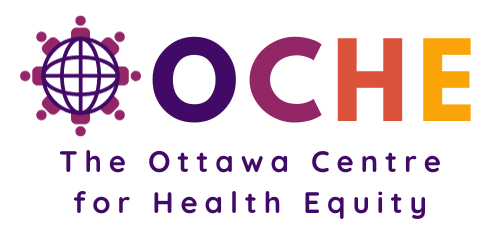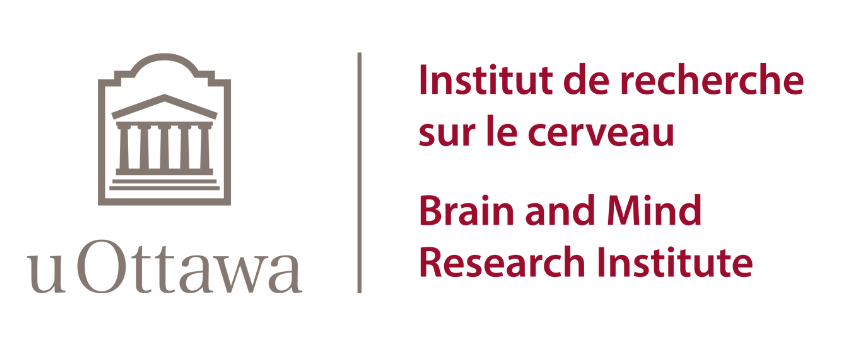Research Networks and Collaborators
At the Bruyère Health Research Institute, we are driven by collaborative research that leverages strengths and expertise across disciplines. We are home to national and international leaders in health research and are proud to partner with local and regional organizations who share our goals of better health outcomes for patients, residents, and families through high-quality research and innovation.
Home to national and international leaders in health research:

Ontario Centres for Learning Research and Innovation in Long-Term Care
As one of three host organizations of the Ontario Centres for Learning, Research and Innovation in Long-Term Care (Ontario CLRI), we help the province’s 600+ long-term care homes enhance the quality of life and care for residents, providing solutions to pressing issues in the sector. Our flagship programs include the Communication and End-of-Life and All-In Palliative Care education programs, Clinical Nursing Leadership training, and the Diversity and Inclusion Calendar.

Pan-Canadian Palliative Care Research Collaborative
The Pan-Canadian Palliative Care Research Collaborative (PCPCRC), co-chaired by Dr. James Downar, is a national network of researchers, health care providers, community stakeholders, and patient and caregiver partners who are shaping the future of palliative care. With priorities to improve clinical practice, service delivery, and data standardization, the PCPCRC has set a foundation for evaluating strategies for pain and symptom management, evaluating models of palliative care delivery, and building infrastructure that facilitates national and international comparisons and collaborations.

Bruyère Health Innovation
Bruyère Health Innovation is dedicated to changing the future of care in the nation’s capital and beyond. The team includes clinicians, researchers, and innovators, committed to innovative, scalable, and evidence-based solutions to health challenges. Bruyère Health Innovation’s team works collaboratively with industry partners and health technology companies to co-design, pilot, and implement new solutions that can transform the health care system across hospitals and long-term care.

Centre for Individualized Health
The Centre for Individualized Health produces tools to inform health decisions and planning for specific health concerns. Led by Amy Hsu, PhD, the research team works with partners including patients, families, and clinicians to analyze Big Data to generate evidence on how a person’s characteristics and health decisions affects their future outcomes. The Centre aims to support and empower individuals in aging and vulnerable populations with accessible tools that improves their understanding of their health status and risk factors.

WHO Collaborating Centre for Knowledge Translation and Health Technology Assessment in Health Equity
Designated by the World Health Organization’s Director-General to promote the importance of technology assessment in support of health policy development and to evaluate the safety, efficacy, and social/ethical implications of medical and health technologies. Co-directed by Dr. Peter Tugwell and Janet Hatcher-Roberts, the Collaborating Centre has over 15 ongoing projects with topics including: developing plain language evidence summaries, post-COVID condition guidelines, evidence-based decision-making tools with an emphasis on equity, and capacity strengthening on health technology assessment and training modules related to equity methods in research.

Equity in Health Systems Lab
The Equity in Health Systems (EqHS) Lab, led by Dr. Jerry Maniate, is a transdisciplinary group working to identify, explore, co-create, implement, and evaluate strategies that aim to address inequities in the health system. Their research explores the key concepts of social determinants of health and its impact on our communities and health systems through the lens of equity, accessibility, social justice, and belonging. The EqHS Lab leads the EDIA (equity, diversity, inclusivity, and accessibility) cross-cutting theme for the national Team Primary Care: Training for Transformation initiative.

Bruyère Health Research Institute Centre for Equity and Effectiveness
The Bruyère Health Research Institute Centre for Equity and Effectiveness (BRI-CEE) is a network of researchers working on Canadian and global health issues, dedicated to research on the equity and effectiveness of health interventions. The BRI-CEE portfolio focuses on sex and gender-based health research, infectious diseases (with a focus on neglected tropical diseases and malaria), public health surveillance, health systems strengthening, refugee and newcomer health, homeless health, and knowledge translation.

iCHORDS
iCHORDS (Improving Community Health Outcomes through Research, Dialogue and Systems Strengthening) is a global community of practice for communication, collaboration, mentorship, and knowledge exchange to address implementation gaps and current issues facing neglected tropical disease (NTD) programs. Through toolkits, guides, podcasts, mentorship, and other knowledge mobilization products, iCHORDS supports NTD social scientists and programs, and addresses community-identified focus areas, such as improving mass drug administration (MDA) through qualitative research methods, assessing never treatment in MDA, and strengthening support for community drug distributors.
Proud to partner with:






